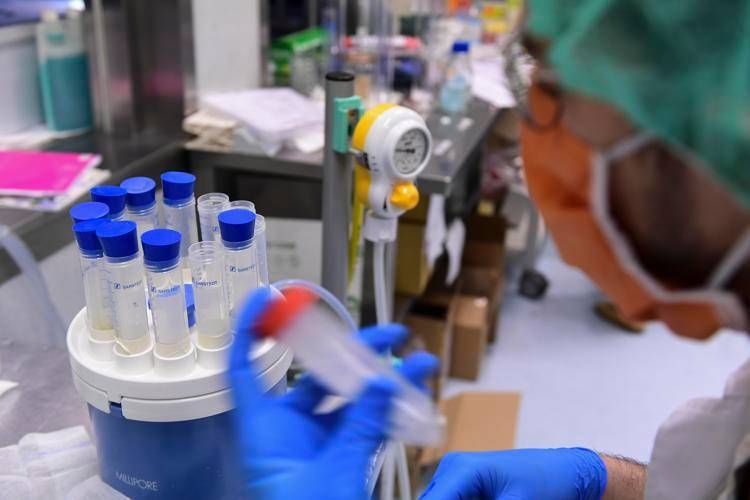Study Finds Microplastics Present in Human Organs and Tissues, Including Blood Clots
A recent study conducted by researchers at Shantou University in China and published in the Lancet has revealed the widespread presence of microplastics in human organs and tissues, including blood clots. The study, aimed at investigating the potential impact of these substances on human health, found significant concentrations of microplastics in surgically removed human thrombi from various parts of the body.
Microplastics, tiny plastic particles less than 5mm in size, have been a growing concern due to their prevalence in the environment. However, the study’s findings suggest that they are not only present in the environment but also in human bodies.
The researchers collected thrombus samples from 30 patients who had undergone thrombectomy procedures after suffering from ischemic stroke, myocardial infarction, or deep vein thrombosis. They found microplastics in 80% of the samples, with higher concentrations in patients who had experienced a heart attack. The most common polymers found were polyamide 66, polyvinyl chloride, and polyethylene.
According to the researchers, the presence of microplastics in blood clots could be associated with greater disease severity. They emphasize the need for further research to identify the sources of exposure and validate the trends observed in the study.
Professor Roberto Burioni, a virologist at Vita-Salute San Raffaele University of Milan, highlighted the significance of the study’s findings, stating that microplastics are a much more important problem than previously thought. He urged for greater attention to be paid to this issue, as it is not a simple problem to resolve.
The study’s results raise concerns about the potential health risks posed by microplastics and emphasize the importance of further research into their impact on human health. As the global prevalence of microplastics continues to rise, understanding their effects on the body is crucial for developing strategies to mitigate their harmful effects.
